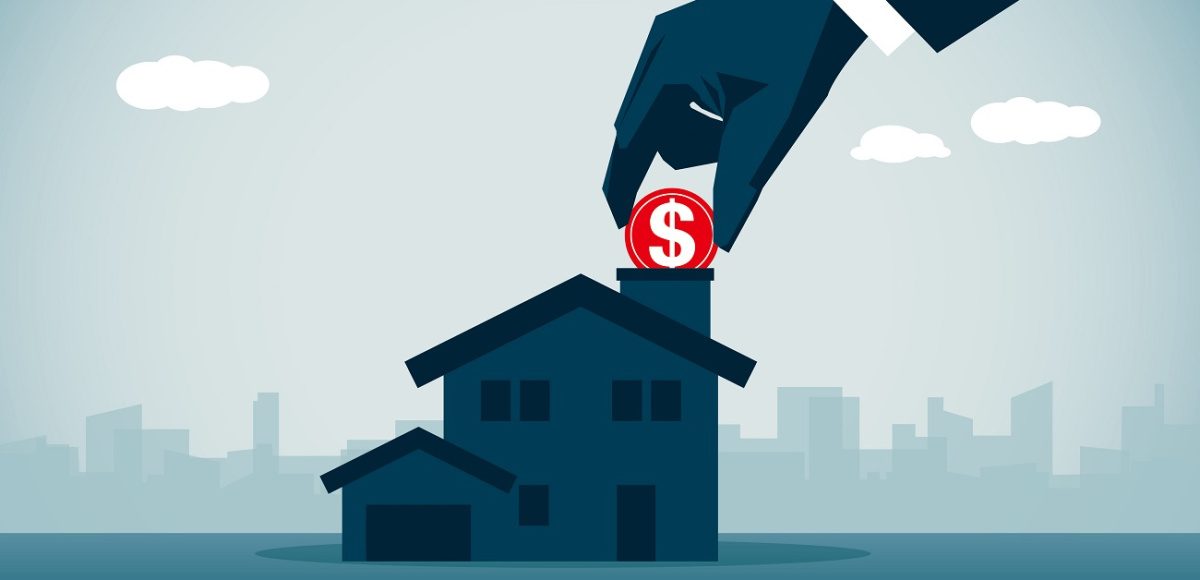Real estate professionals who want to invest in a second home, or help their clients do so, need to know how their target market works year-round—not just when the property will be used. That tip came directly from a Florida real estate broker who spoke at the National Association of REALTORS®’ Real Estate Investment Summit about his experience working in a global hot spot for investment activity.
“Understand the specifics of your market that will make it attractive to a second-home buyer,” Gonzalo Mejia, a broker with Watson Realty Corp. in Jacksonville, Fla., said during the virtual conference in June. For example, buyers would have different reasons for coming to the Jacksonville area than, say, Miami or the mountains of Colorado, he said. In seasonal vacation areas like these, real estate agents should know the ins and outs of the summer versus winter cycles so customers can visualize their future investment year-round.
“Keep in mind: People who live in the community tend to care more about the community than those who are just there to have fun,” Mejia added.
Watch playbacks of the three-part Real Estate Investment Summit for a fee.
The three-part annual summit brought together the best tips from the Center for REALTOR® Financial Wellness and the Center for REALTOR® Development, aimed at providing practitioners with tools to plan for their own future through property investment as well as training to help guide their investor clients. The first part focused on how new and established agents can create strategies for generating consistent cash flow and building generational wealth.
Mejia, who recently purchased an investment property in Lima, Peru—which is his birthplace—said that when dealing with investment properties, it’s important to check your personal opinions at the door. “Just because a property wouldn’t look like a good investment to you doesn’t mean it isn’t a good investment for your customer,” he said. He also recommended becoming an ambassador for the destination area you serve. What does it have that is special? Get involved in the community, and stay on top of local government regulations that could affect the use of the home as a short-term rental. You should know whether the area has any restrictions for platforms such as Airbnb or VRBO.
In Rental Investments, Furnishings Matter
In a vacation rental, furniture likely will get broken. So, avoid outfitting your space with expensive items. “I spent more on mattresses, pillows and sheets because that’s what people use the most,” Mejia says. “One of the keys with second homes is good reviews” from vacationers.
Use your real estate negotiation skills to go above and beyond for clients. For example, if a drawback to the home is that it’s far from a shopping district or city center, you might make up for it by helping your customer ensure all appliances are included in the deal. This was Mejia’s strategy when closing on his investment property in the Peruvian countryside.
A caveat when working with picky buyers: Make sure their expectations are realistic, Mejia says. “There is no perfect property; nothing has it all,” he said. Your role is to help the customer achieve their retirement dream and set realistic expectations about the local market’s potential for rental cash flow.
Adjust Your Marketing to Reposition Yourself
If you’re new to attracting second-home buyers to your business, adjust your marketing to create a brand that resonates with your target audience. Whatever your brand says online will help them decide if you are the agent for them. “Your social media is also part of your brand; customers will Google you,” Mejia says.
Research who is searching for and buying property in your market. Is it mostly local people, or is there a second-home perspective? Sites such as realtor.com® can track who is searching for homes in your local market, and this may include international customers. If your market is attracting international buyers, be sure you are familiar with various communication technologies, such as Zoom or Skype, and your internet connection is secure.
Beware of Tax, SEC Guidelines
Consider improving your financial literacy so you’re in a strong position to help second-home buyers, who may need more help through the transaction than typical residential buyers or sellers. It’s essential to partner with a lender who understands how to do financing for second homes and knows the guidelines front and back, Mejia says.
Also, know how to protect your customers’ personal data. For example, the European Union has strict rules around how you collect and store such data. Working with international vacation-home buyers opens the door for agents and brokers to face new risks related to income and property management. Here are some tips to follow:
- Understand the risks and whether your insurance will cover them.
- Refrain from working in areas you are not familiar with.
- Understand protected classes and that you cannot suggest any preferences on race, class, sex or religion.
- Always adhere to SEC Guidelines. It is unlawful to offer compensated investment advice unless you are a qualified and registered investment adviser.
- Avoid giving tax advice, as secondary properties can get complex. “You are not CPAs,” Mejia told the summit crowd. “Expert tax guidance is essential” for your clients.
- Understand your customer’s plan for using the property and the timeline. “Second-home buyers might not be in a rush,” he says. “Most second-home buyers are just waiting for the right opportunity, so you have to have patience.”




